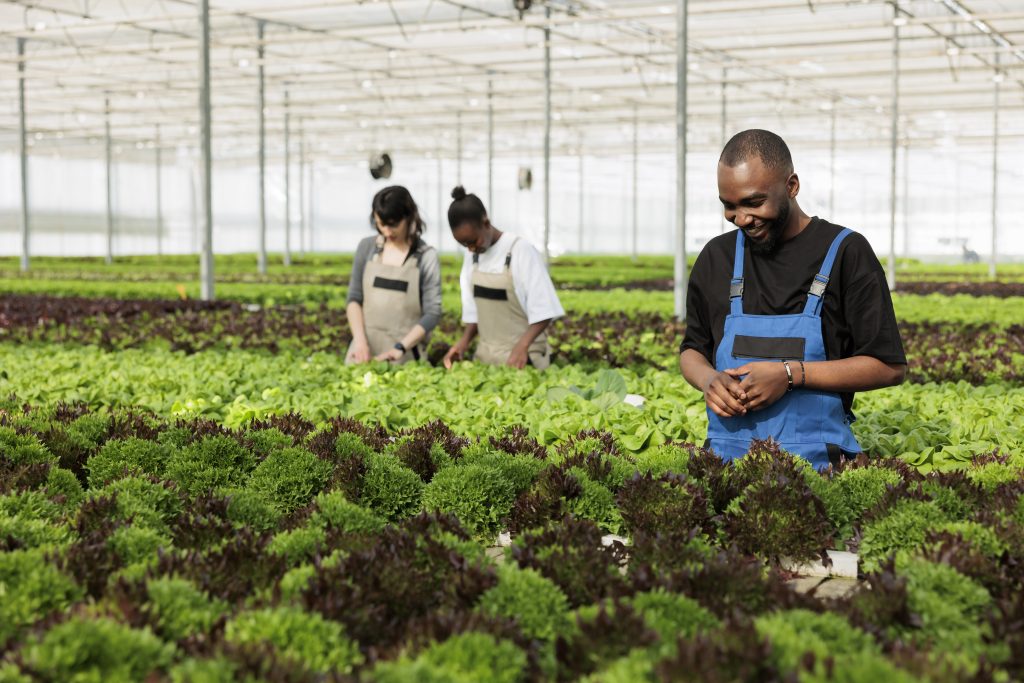In the first part of this article we looked at some of the challenges that are shrouded in the implementation of traditional agriculture insurance and how this has been further complicated by the emergence of climate change which has made traditional agriculture insurance increasingly inadequate thereby necessitating a shift towards technological innovations.
The advent of climate change has completely changed the risk profile of agriculture or farming as an enterprise due to increased risks as a result of unpredictable weather patterns. This has led to increased premiums, coverage gaps and data inaccuracy due to the fact that climate change is making historical data less reliable for future risk assessments. A combination of these factors has diminished the effectiveness of traditional insurance thereby amplifying the need to adopt new innovations.
A number of technological innovations have emerged in the recent past that have played a key role in revolutionizing agriculture insurance. These include analysis of large data sets resulting in forecasting of risks with much more accuracy and the use of remote sensors(satellites) and drones for crop monitoring. These technologies allow insurers to assess the condition of crops promptly and more accurately as they offer real-time surveillance. The use of (IoT) Internet of Things, gadgets in agriculture has led to an increase in the efficiency of risk evaluation of farms. For example gadgets placed on farm equipment collects real-time data that enables accurate evaluation of the risk profile of a specific farmer thereby making it possible to tailor products for that individual farmer.
The advantages that have come with the emergence of technological advancements in the agriculture insurance space can best be summarized as follows; It has brought about faster and more accurate risk and loss assessments leading to faster claim settlements thereby increasing farmers trust in the insurance process. It has also enabled insurance providers to offer policies that meet the specific needs of individual farmers and further the enhancement of risk management has resulted in the reduction of false claims thereby improving the liquidity of insurance companies and enabling them to pay more valid claims.
Technology is setting new standards in the field of agriculture by reshaping how risks are analyzed and insurance policies formulated. With the challenges of climate change, these advancements are not just welcome but essential as they promise a more efficient and reliable system that is well positioned as the future of agriculture insurance.
Authored by: Dean Simuchimba (BSc. Agric, MSc. Agric Risk Mgt)
Agriculture Underwriter, Klapton Re

